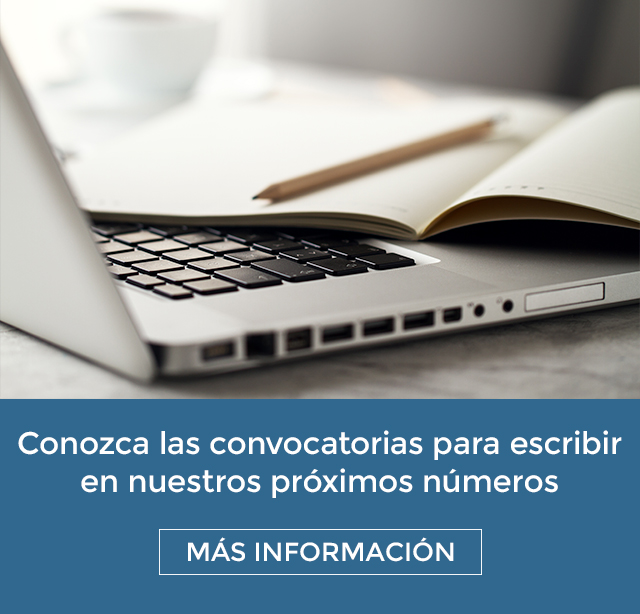https://doi.org/10.25058/20112742.n46.10
Carolina Ocampo mallou
https://orcid.org/0000-0002-1172-6910.
caro.ocampo.mallou@gmail.com
Universidad Nacional de San Martín / Conicet, Argentina
Paula Blois
https://orcid.org/0000-0001-7352-0945
paublois@yahoo.com.ar
Esteban Rodríguez
https://orcid.org/0000-0002-3756-7049
estebanhrodriguez@hotmail.com
Federico di Pasquo
https://orcid.org/0000-0001-5907-2437
dipasquof@yahoo.com.ar
Guillermo Folguera
https://orcid.org/0000-0002-4990-7039
guillefolguera@yahoo.com.ar
Universidad de Buenos Aires, Argentina
Abstract:
Argentina experimented the worst outbreak of dengue fever ever in 2019-2020. We aim to understand the meanings that different healthcare agents and neighbors in a Buenos Aires district give to the notions of community, to the differences of social classes, and to the presence of migrants, in relation to dengue fever. To achieve our aim , we carried out semi-structured interviews throughout 2021. We observed that hea
lthcare agents retrieve social class differences as a relevant aspect in dealing with dengue fever intervention, and that they refer to the difficulties of participation by what they call middle and high classes. Additionally, we found that healthcare agents relate migrant mobility to dengue fever epidemics. However, this interpretation contains uncertainties and is broadened when considering other factors.
Keywords: Dengue fever, healthcare agents, prevention, social inequity, Argentina.







